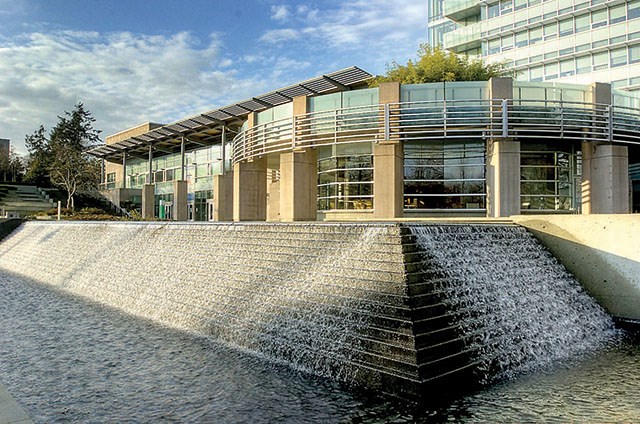The City of Richmond is calling on its residents to give feedback on its 5-year financial plan, which has been given preliminary approval by city council.
What you learn the city is doing with your money may come as a surprise - or not.
A two-week public consultation period, required by law, is now underway, stated a city news release Wednesday. It ends Feb.21.
You can visit the website www.LetsTalkRichmond.ca to look at the budgets and have your say. Phone and written submissions are also accepted.
The operating budget looks at general city expenses, the utilities budget looks at services and the capital budget determines infrastructure spending.
As a result of major projects in 2014, like the new aquatic facility and seniors centre at Minoru Park and Fire Hall No.1, capital expenditures will amount to $192 million whereas in the years that follow capital costs only amount to roughly $60 million on average.
2014 will see overall revenues of $874 million and expenditures of the same amount, resulting in a balanced budget as required by law. Subsequent years have budgets at around $600 million on average.
"Overall, Richmond is performing well in consideration of national and provincial economic trends," stated the city's report.
Sixty-five per cent of this year's operating budget revenue comes from property taxes. Since 2009 Richmond has steadily seen tax increases of three per cent per year. Residents account for 54 per cent of collected taxes while businesses account for 35 per cent. Richmond's business property tax rate is lower than Coquitlam, Burnaby and Vancouver but higher than Surrey.
In terms of the city's bang for its buck, policing accounts for 20 cents for every dollar taxed. Fire services account for 17 cents and parks and community services account for 14 cents.
The city transfers about six per cent of tax revenue to reserves, which will be tapped into this year to the tune of $100 million to pay for the substantial capital infrastructure bills (another $50 million will be borrowed from the Municipal Finance Authority).
No major building projects are slated past 2014.
Meanwhile the parks program will see steady growth in financing. Each year it will receive $6-9 million. The city will set aside $10 million annually for land acquisition for parks.
The city's affordable housing program will receive about $900,000 per year.
Job growth is expected to be about one per cent annually over the next five years. Currently, transportation, warehousing, logistics, wholesale and manufacturing sectors account for 34 per cent of all jobs in the city.
The financial plan is a report from the city's financial division that is updated annually. In order to determine the plan the city's financial department looks at major trends in the market to make assumptions.
Trends include the likely rise in utility rates, such as water, electricity and natural gas, fuel costs, material costs and employee wages. Utilities alone are expected to rise 20 per cent.



